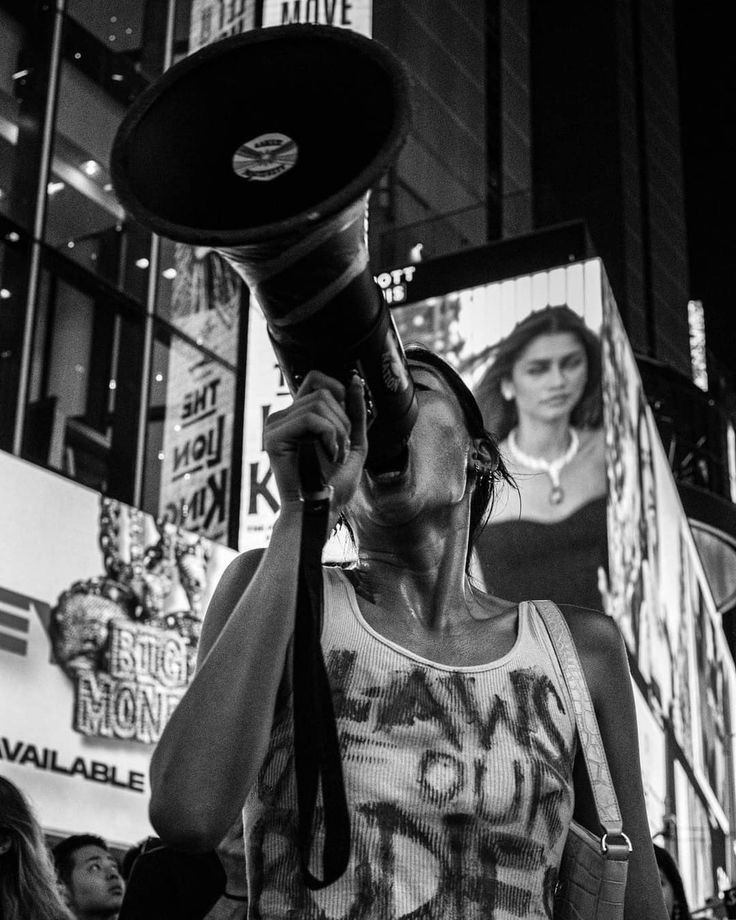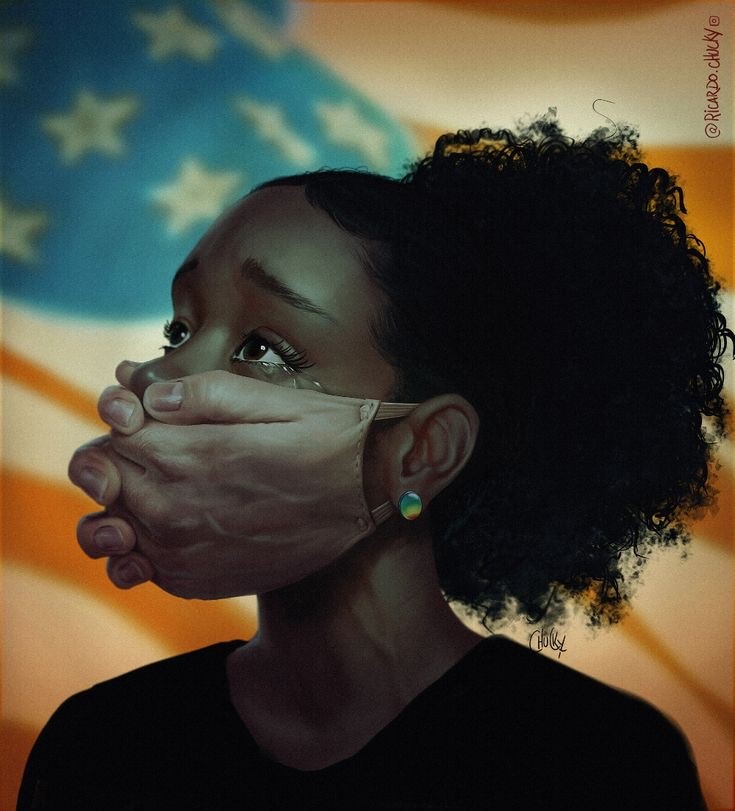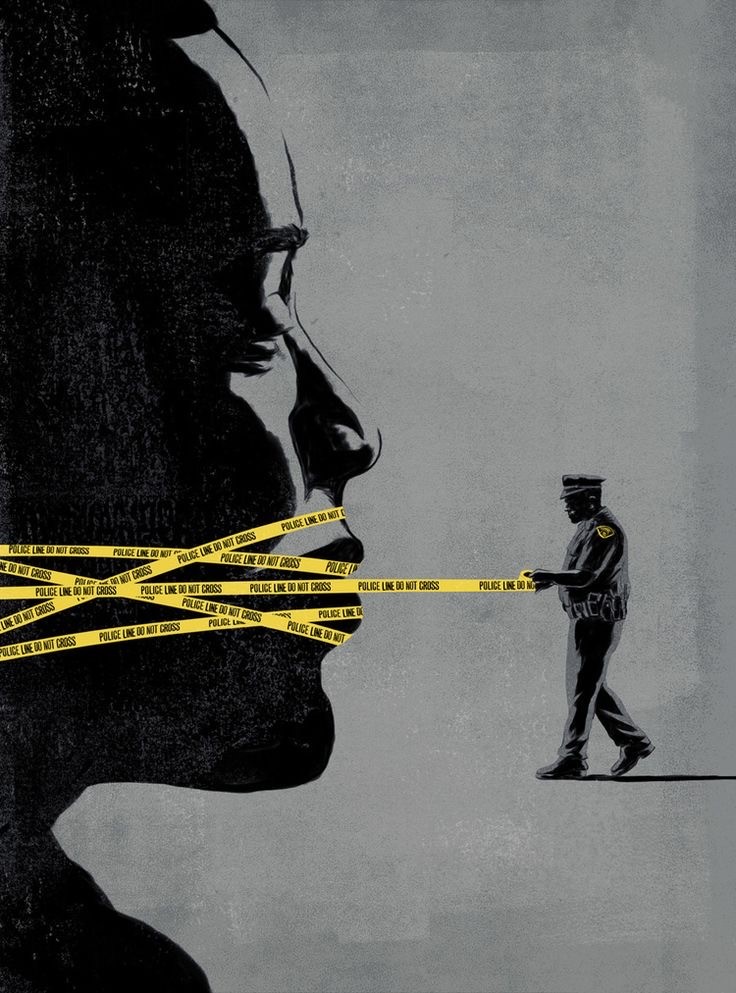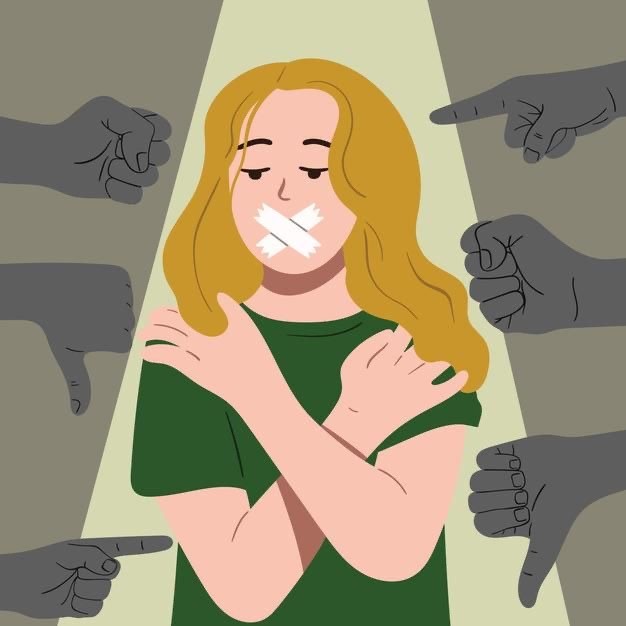Celebrated as the bedrock of democratic realms, freedom of speech lays the foundation for vibrant discourse, the mosaic of ideas, and the unfettered flow of thoughts. It stands as an elemental liberty, granting individuals the power to vocalise their convictions, viewpoints, and beliefs without the looming spectre of censorship or oppression. Yet, akin to all liberties, it dances on the edge of absoluteness, requiring a delicate equilibrium with defined boundaries to safeguard the flourishing and unity of a democratic society.
The idea of freedom of expression has origins that are deeply ingrained in history and may be traced to the Greco-Roman and ancient Egyptian civilisations. The concept of unrestrained discussion in public spaces was highly valued during those historical times. This notion is now woven into the fundamental fabric of constitutions and legal frameworks in the tapestry of contemporary democratic nations. It acts as a sacred guarantee, granting citizens the right to express their thoughts and views without interference from political or authority authorities.

There are, however, limits and bounds within this space of liberty that are both necessary and acceptable. These restrictions, however, are not arbitrary; rather, they act as defenders of the individual and the collective. They guard against harm, uphold the balance of the public order, and quell the evil embers of hostility by standing watch.
One crucial limit on free speech prohibits speech that explicitly incites violence or endangers the public’s safety. This is the boundary that must be observed. When you cross this line, societal safety takes precedence over freedom of speech. For instance, it is clearly outside the bounds of free speech to encourage others to engage in acts of terrorism or to harm certain people. Such behaviour may not only have legal repercussions, but it also emphasises how important it is to strike a balance between exercising one’s right to free speech and the need to prevent real harm to society.
Another threshold that echoes across the democratic landscape is the limitation placed on hate speech. In numerous democratic societies, these limits are carefully etched to combat expressions that target individuals or groups predicated upon their race, religion, ethnicity, or other protected characteristics. The objective here is twofold: to preclude the propagation of prejudice and discrimination that can fracture the social fabric and to ensure that freedom of speech does not become a conduit for promoting animosity and division. Striking this balance requires a nuanced approach that respects diversity while preserving the social harmony that is essential to democratic coexistence.

Defamation laws serve as the stage for the complex dance between the right to free expression and the reputation of an individual. Here, the law steps in to protect a person’s reputation in the community from false claims that surface. These laws serve as a precisely honed equilibrium-maintenance mechanism. They appreciate the larger principle of free expression while appreciating the value of maintaining one’s reputation. In essence, they serve as a reminder that while having the ability to express one’s opinions freely is important, it does not automatically grant the right to cause unjustified harm to another person’s character. Defamation rules strike a tricky balance by acknowledging the need to uphold both human dignity and the general idea of free speech.
A crucial limit is woven by the thread of national security inside the tapestry of freedom of expression. Certain forms of classified information and sensitive government topics are protected from public publication in the interest of preserving a nation’s security. This is not an arbitrary decision; rather, it is a solemn responsibility to protect the country against weaknesses that could be exploited by those intending to do it damage. It emphasises the delicate balancing act between the need for transparency in a democracy and the need to keep private information that, if made public, could endanger the very foundation of a country.
Although freedom of speech encompasses a vast range of expressions, even this broad umbrella has its bounds. The idea of free expression clashes with the need to uphold community norms when it comes to explicit and vulgar content that has no pretence of artistic, literary, or scientific significance. To create a balance between personal creative freedom and broader social sensibilities that are crucial to maintaining the shared ethos of society, these restrictions are frequently written into law in democracies.

While there is some protection for commercial speech within the context of free expression, it is not an unrestricted area. Strong regulations are in place to stop deceptive advertising and protect customers from trickery. In order to ensure that the information and claims made in the commercial sphere are accurate, true, and reliable, this acknowledges the need for the marketplace of ideas to uphold ethical standards. It emphasises democracy’s dedication to a free and open market where customers may make educated decisions.
The interplay between freedom of speech and individual rights appears as a crucial frontier in the ever-expanding digital world. A person’s right to privacy is violated when private information is disclosed without authorisation. To prevent the unauthorised disclosure of personal information, laws have been passed. This aspect of the free expression equation confirms that the freedom to express one’s ideas does not include the right to violate the privacy of others. It is evidence of democracy’s commitment to preserving individual freedoms in a period of rapid technological development.
What constitutes hate speech in one nation might be far from the standards in another, reflecting the rich hues of culture, history, and legal traditions. The artful balance between safeguarding individual freedoms and fostering social cohesion continues to be a masterpiece in progress within democratic societies. It is important to acknowledge that these limitations take on unique shades of meaning as they dance through the diverse tapestry of democratic societies.

Moreover, in the digital age, the debate over the frontiers of free speech takes centre stage, where information surges like a wildfire through the vast landscapes of the internet and social media. Platforms like Twitter and Facebook find themselves in a modern-day juggling act, striving to moderate content that could ignite the flames of violence or propagate the seeds of hate speech, all while preserving the cherished ideals of open discourse.
Freedom of speech stands as a treasured pillar in the foundation of democratic societies, yet it too finds itself encircled by boundaries. The confines on speech delineated earlier are akin to the sentinels guarding the well-being of individuals and the greater community, all while upholding the sacred principles of free expression. This delicate equilibrium remains a perpetual work of art, requiring democratic societies to embark on continuous dialogue and adapt their legal landscapes to navigate the ever-shifting currents of the digital era. Ultimately, the aspiration is to cultivate a society where a kaleidoscope of perspectives thrives harmoniously while thwarting the proliferation of hatred and violence.
Sources
- https://en.m.wikipedia.org/wiki/Freedom_of_speech#:~:text=Freedom%20of%20speech%20and%20expression,%2C%20trade%20secrets%2C%20food%20labeling%2C
- https://link.springer.com/article/10.1007/s12142-020-00608-8
- https://lordslibrary.parliament.uk/freedom-of-speech-challenges-and-the-role-of-public-private-and-civil-society-sectors-in-upholding-rights/
- https://nigeria.action4justice.org/legal_areas/right-to-freedom-of-expression-2/how-can-my-right-to-freedom-of-expression-be-breached/#:~:text=Examples%20of%20limitations%2Frestrictions,%2C%20a%20police%20officer%2C%20etc.




